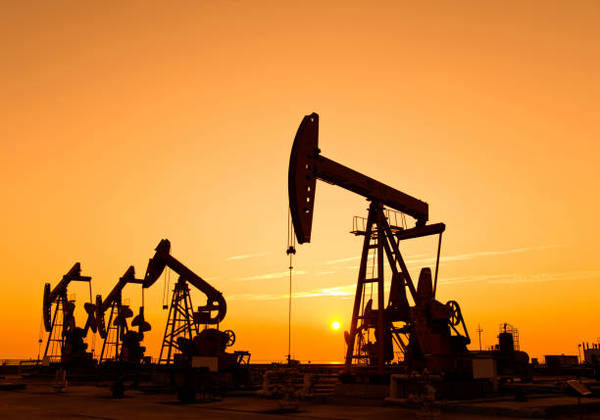IEA alters course on oil investments
Paris-based International Energy Agency (IEA) now thinks global investment to develop new oil resources is required to keep output flat, amid declining production in existing fields.
 IMAGE: Oil pumpjacks. Getty Images
IMAGE: Oil pumpjacks. Getty Images
In its new report, the energy agency has signalled a major shift from its earlier stance that “no new investment” in oil production is required to achieve net-zero carbon footprint by 2050.
In recent years, output from existing oil fields has declined more rapidly, largely due to growing dependence on shale wells and deep-water projects, according to the IEA.
“Companies must work much harder than before just to maintain [oil] production at today’s levels,” the IEA said.
The decline in production rates “vary widely” across field types and geographies, the IEA noted. Onshore oilfields in the Middle East decline at less than 2% every year, while smaller offshore fields in Europe average more than 15% in a year, according to the report.
Without any new investment, this decline is expected to be more than 35% over one year, and a further 15% over a second year, the IEA claimed. For example, in 2010, a halt in upstream investment could cut oil supply by less than 4 million b/d. Today, the equivalent figure is 5.5 million b/d, the agency said.
“In the case of oil, an absence of upstream investment would remove the equivalent of Brazil and Norway’s combined production each year from the global market balance,” remarked the agency’s executive director Fatih Birol.
The agency said that if global production is to be sustained at current levels, more than 45 million b/d will need to come from new conventional oilfields by 2050.
“If we had heeded the calls by the International Energy Agency years ago to stop investing in oil and gas futures, we would be in a major energy crisis today,” stated Price Futures Group’s senior market analyst Phil Flynn.
The shift in the agency’s stance comes as the Donald Trump-led administration presses the agency to refocus on safeguarding global energy security, as opposed to prioritising the net-zero pathway it has emphasized in recent years.
“Careful attention needs to be paid to the potential consequences for market balances, energy security and emissions,” Birol added.
By Aparupa Mazumder
Please get in touch with comments or additional info to news@engine.online





